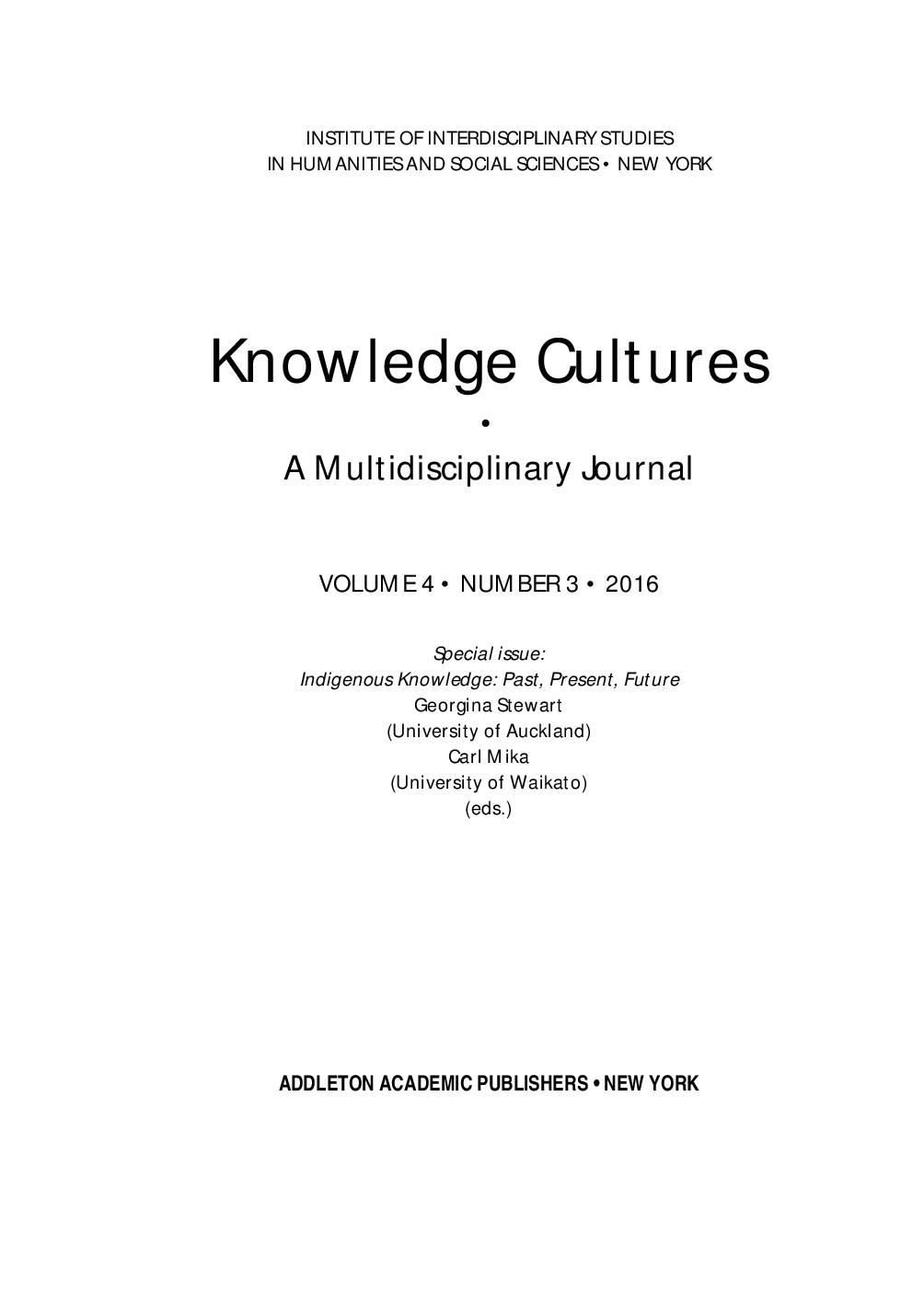THE ONTOLOGICAL AND ACTIVE POSSIBILITIES OF ‘PAPATŪĀNUKU’: TO NURTURE OR ENFRAME?
THE ONTOLOGICAL AND ACTIVE POSSIBILITIES OF ‘PAPATŪĀNUKU’: TO NURTURE OR ENFRAME?
Author(s): Carl MikaSubject(s): Social Sciences
Published by: Addleton Academic Publishers
Keywords: enframing; Heidegger; Māori philosophy; Papatūānuku; raupapa
Summary/Abstract: Occasionally, support for indigenous peoples can come from unexpected quarters. This assertion of mine is based on the idea that those philosophers or sets of philosophies that originate from a different cultural background from (in my case) Māori ones are nevertheless productive for Māori thought. Western philosophies are notable here because they are often viewed as so discordant with Māori philosophies as to be problematic. While indigenous scholars must undoubtedly be careful of certain Western philosophers, we should not draw back from reflecting on what they said. There arises an opportunity for us to perversely use them, so that their own conceptions about us are given the lie! The Western philosopher provides us with a peculiar material force. In their solidness, we brush up against them and our own thinking is not necessarily reduced in that process. They will certainly propel our thinking in a certain direction; yet, if approached as a sort of fuel for creativity, then the indigenous self carries vestiges of that other source but retains his or her ability to orient towards the world in consonance with all its entities. Crucially, the Western philosopher can also offer a certain mode of thinking that speculates on, and critiques, common forms of colonisation.
Journal: Knowledge Cultures
- Issue Year: 4/2016
- Issue No: 03
- Page Range: 58-71
- Page Count: 14
- Language: English
- Content File-PDF

